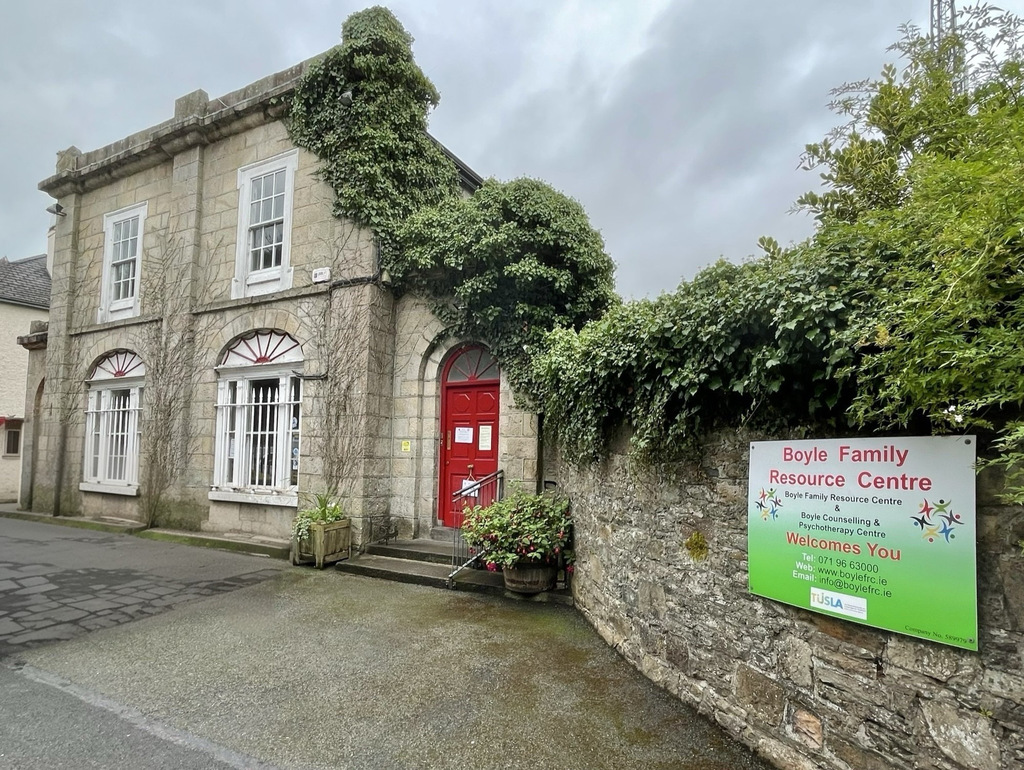
Families represent the foundation of a society. When families are healthy and strong, communities thrive. There are many kinds of families, and therefore, many definitions of “family.” People who are significant to one another, whether related by blood, legal bonds, or bonds of friendship and community, may identify themselves as a family. Ultimately, “family” is self-defined.
The focus of the Family Support field is on families who are responsible for raising children. These families consist of at least one adult and one child who are related biologically, emotionally, or legally. Families may consist of one parent, two parents, grandparents, foster parents, legal guardians, or they may arise from a need for mutual support.

As previously defined by Family Support America, Family Support is all of the following:
Family Support is based on the premise that the primary responsibility for the development and well-being of children lies within the family, and that all segments of society must support families as they raise their children. Family Support services include a broad array of activities designed to strengthen families. They help parents to raise their children successfully, to become self-sufficient, and to take an active role in their communities.

Family Resource Centers (FRCs) are a type of Family Support program. They are known by many different names, including Family Centers, Family Success Centers, Family Support Centers, and Parent Child Centers.
A Family Resource Center is a community or school-based welcoming hub of support, services, and opportunities for families – that
Family Resource Center Overviews
What is a Family Resource Center?
This document developed by the National Family Support Network in the U.S. highlights the history, services, outcomes, and value of Family Resource Centers.
Family Resource Centers: Vehicles for Change
This booklet developed by the State of California explains the history, key characteristics, activities, and functions of Family Resource Centers.
Research on Family Resource Centers
A growing body of research and evaluation is highlighting the effectiveness of Family Resource Centers.
Alabama Network of Family Resource Centers Return on Investment Study
This Net Social Return on Investment research determined that for every $1 invested in Family Resource Centers, the State of Alabama received $4.93 in immediate and long-term consequential financial benefits.
Colorado Community Response Evaluation Brief
This brief presents data that families who were screened out of child welfare and completed family development activities at Family Resource Centers were less likely to enter the child welfare system than did a matched comparison group of families during a one-year follow-up period: 37.5% less likely to have a founded assessment and 50% less likely to have out of home placements.
Do Family Support Centers Reduce Maltreatment Investigations? Evidence from Allegheny County
This Chapin Hall at the University of Chicago analysis of Family Support Centers in Allegheny County, Pennsylvania determined that neighborhoods with centers had a 26% lower rate of child abuse and neglect investigations than similar neighborhoods without them.
Evaluation Study of the Administration for Children Service’s Family Enrichment Center Initiative
This study of New York City's Family Enrichment Centers conducted by Youth Studies Inc. documents their impact on serving local families.
Family Pathways & CFSA 2.0 Evaluation Report – Executive Summary 2020
Family Pathways & CFSA 2.0 Evaluation Report – Executive Summary 2019
These evaluation reports from Colorado show that families who participated in Family Resource Centers demonstrated statistically significant improvements in economic self sufficiency, health, concrete support in times of need, social support, family functioning and resiliency, and caregiver-child nurturing and attachment.
Return on Investment of Family Resource Centers to the Child Welfare System
With the support of Casey Family Programs, the OMNI Institute conducted research and issued two reports on cost savings FRCs yield for rural and urban child welfare systems by reducing families' involvement in them.
The key findings are:
Family Resource Center Networks have emerged organically in cities, counties, and states and provinces. They connect, organize, and support programs working with families. These Networks consist of two or more Family Resource Centers, working together to ensure coordinated quality support for families.
The Networks serve as the backbone entity to leverage and coordinate the collective impact of their members. They create opportunities for service providers to meet formally and informally, exchange information, make connections, develop relationships, build capacity, and address challenges that no one organization could on its own.
Family Resource Center Network Overview
What is a Family Resource Center Network?
This document, developed by the National Family Support Network in the United States, summarizes the types, functions, developmental stages, and positive impacts of Family Resource Center Networks.
Research on Family Resource Center Networks
Advancing the Family Support and Strengthening Field Project - Data Report Executive Summary
Advancing the Family Support and Strengthening Field Project - Full Data Report
This research on Family Resource Center Networks was conducted by the OMNI Institute with the support of the Robert Wood Johnson Foundation.